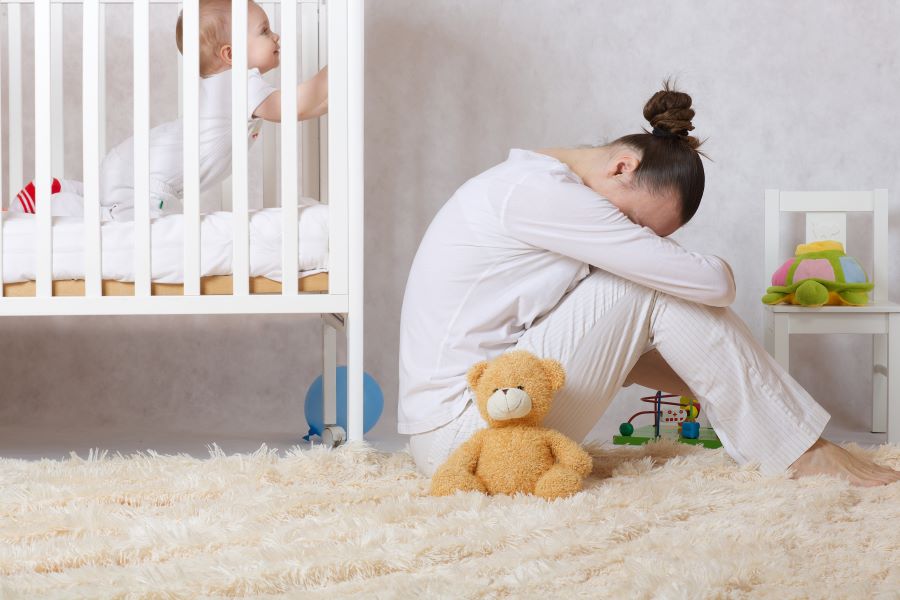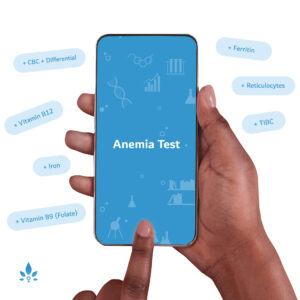Baby Blues or Postpartum Depression: how do I Know?


The birth of a child is a highly anticipated, joyous event for many families. Sometimes, though, new moms struggle with feelings of sadness, detachment, and doubt after they bring their baby home. It can be frightening when these unexpected feeling surface, especially if they are severe. But there is a difference between normal “baby blues” and the more serious condition of postpartum depression.
Baby blues
The postpartum, or “baby,” blues are feelings that usually show up a few days after birth and may last around 1-2 weeks. Moms with the baby blues may cry for no reason, fluctuate between being happy and sad, or may get anxious or upset for no reason. These symptoms tend to fade without any specific treatment, but rest and getting help during this time can make those days much easier.
Postpartum depression
This is a more serious version of the baby blues. Women with postpartum depression (PPD) have feelings of sadness, despair, anxiety, and/or anger to a much greater level than with the baby blues. These symptoms usually begin about 2-3 weeks after giving birth and will persist if not adequately treated. All providers should screen for PPD at routine postpartum visits because approximately 15 percent of postpartum moms experience it. If you have concerns, you should definitely make an appointment to be seen.
Moms with PPD may not be able to care for themselves or their babies. This does not mean they are bad mothers! They are suffering from a true problem that needs to be treated, which is usually done with improving sleep habits, therapy, medication, or a combination of all three. If your doctor prescribes antidepressant medication, be sure to let him or her know if you are breastfeeding so you can get a safe option. Keep in mind that being prescribed antidepressants for PPD doesn’t mean you’ll need to be on an antidepressant forever.
Postpartum psychosis
This is the most serious perinatal mood disorder. Symptoms of postpartum psychosis include hearing voices, visual hallucinations, or other forms of altered mental status. This requires emergency medical care.
It is important to remember that being diagnosed with any of these conditions does not make anyone a bad parent. Your new baby needs a healthy mom, and in the excitement of bringing home a new baby it is easy to forget to care for yourself. If at any point you have thoughts of hurting yourself or someone else, be sure to let someone know and seek emergency medical care.
Reviewed by Dr. Jen Lincoln, November 2018
Sources:
- The American College of Obstetricians/Gynecologists
- FAQ #91: Postpartum depression.
The American College of Obstetricians/Gynecologists - Practice Bulletin #92: Use of psychiatric medications during pregnancy and lactation.
Powered by Bundoo®













































